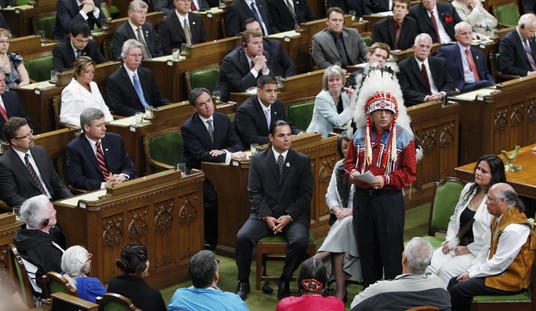Advertising during the Super Bowl is ridiculously expensive, and this year companies seem to have paid insane sums of money just to make political points. From Audi’s “girls rule, boys drool” soapbox derby ad, to 84 Lumber’s controversial immigration-themed commercial, politics seemed to dominate the time between snaps of the biggest football game of the year.
An op-ed in the Tulane Hullabaloo takes issue with this — but not for the reasons that you or I might:
This is hardly the first time corporations have attempted to hop on the social justice bandwagon to help improve their image and increase profits. Typically, the political nature of commercials will depend on the hot topic at the time. For example, few years ago the main topic of political discourse in advertising was LGBTQ+ rights. One by one, companies began placing white, cisgender same-sex couples in their commercials in an effort to show more diversity. They only did so, however, to appease to a more progressive audience, especially younger people.
Though this strategy may be good for business, it does nothing to help any of the issues the ads relate to.
The writer, Madeline Ninno, fails to understand something very important that she apparently never picked up through her education thus far. That fact is that businesses can’t exist simply to affect social change. They exist by providing a service or product at a profit.
The prevalence of same-sex couples in advertising wasn’t an effort to change the public’s mind about the issue of same-sex marriage, but a reaction to the acceptance of those couples. As Ninno points out, it was to appease an audience that was expecting to see more of that sort of thing. Unfortunately, Ninno is like so many other social justice warriors. She believes the cause should drive everything anyone does, including businesses that offer products and services people want.
In her entitled world, it’s important for a company to anger a significant percentage of its customer base to make a political point that has absolutely nothing to do with their products or services. They don’t understand that these token offerings — these ads that Ninno claims “aim for profit, not social activism” — can bring down a company, destroying lives and jobs and towns in the process. Many people in conservative groups on Facebook have stated they’re through with 84 Lumber, for example. Others have said they’ll never own an Audi.
Yet Ninno says it’s not enough.
Unfortunately, she has been privileged enough to live in a world free from real repercussions. Maybe a business class should be part of the core curriculum, since such foolish judgments can come only from a place of ignorance.









Join the conversation as a VIP Member